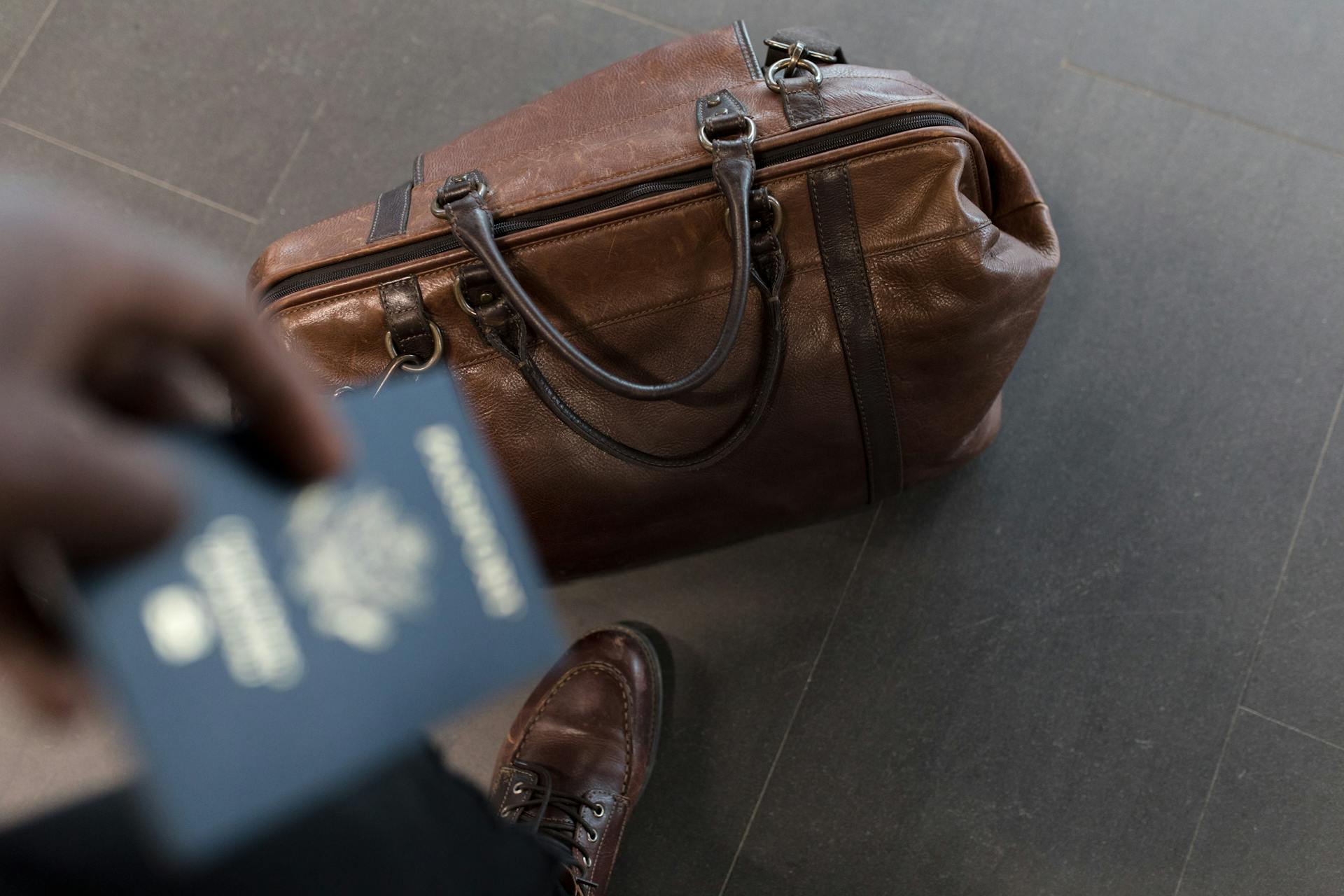FAQs
Does DUI Transfer Province to Province?
If you live in Alberta and are convicted of DUI, you may be wondering if you can drive in another province.
The bad news for people who travel frequently or are planning a vacation is that an impaired driving/DUI conviction will transfer from province to province, meaning that you are prohibited from driving anywhere in Canada until your license is reinstated.
This is one of many serious consequences that DUI offenders face for a conviction.

How does a DUI transfer from province to province?
In Canada, you can’t simply escape the consequences of a DUI conviction by crossing the provincial border. Drunk driving and related matters are addressed at the federal level in the Criminal Code of Canada. The laws apply across all provinces and territories in Canada.
Once a DUI conviction takes effect, the convicting court notifies the province’s Ministry of Transportation. The driver’s home transportation ministry is then informed if the DUI occurred in another province.
Drivers receive a letter from their home province’s ministry, notifying them of the license suspension and any mandatory programs they must attend.
This means that whether you are convicted of impaired driving, driving at or over 0.08 or breath test refusal in your home province or another province, you can’t escape the consequences anywhere in the country. The DUI suspension transfers from province to province and applies uniformly everywhere.
Other consequences of DUI/impaired driving
The mandatory driver’s license suspension and fines are not the only consequences that will follow you across the country if you’re convicted of DUI in Canada.
As well as a mandatory license suspension and possible jail time even for a first offence, you will be subject to a permanent criminal record if your case ends up in a conviction. This will appear on background checks from authorized parties, potentially impacting multiple areas of your life, including employment, education, housing, travel, and immigration status.
What happens if you receive a suspension under a Roadside Sanctions program?
Although DUI is a federal offence, Canadian provinces and territories have the freedom to handle DUI penalties in different ways.
Some provinces—notably Alberta and British Columbia—run roadside sanctions programs that greatly affect how drunk driving is approached and prosecuted there. These programs are designed to deter drunk driving while also relieving the burden on the overworked court systems.
In Alberta and BC, drivers may not be subject to criminal convictions even if they are over the limit. However, mandatory license suspensions still apply to anyone who is deemed impaired or found to be driving at or over 0.08—or who refuses a breath test.
In Alberta, for instance, if a driver is over the limit according to a roadside breath test (IRS: FAIL) or refuses a breath test—and it is a first offence—an immediate two-stage, fixed-term driver’s licence suspension applies under the Immediate Roadside Sanctions (IRS) program:
- A 90-day suspension where driving is prohibited under any circumstances.
- A further 12-month suspension where drivers may be able to participate in Alberta’s Ignition Interlock Program.
There are no exceptions to these penalties unless the IRS suspension is successfully reviewed or appealed. Other penalties also apply, including mandatory completion of programs, vehicle seizure, and fines.
It should be noted that repeat offenders or DUIs where an accident, injury or death occurs are likely to be subject to criminal prosecution in Alberta and B.C. in addition to any roadside sanctions. A conviction will result in a minimum license suspension of one year (maximum three years) for a first offence, plus other severe consequences.
If convicted, you cannot legally drive in any province for at least one year—unless your province operates a scheme where you drive under a limited license or with an ignition interlock device.
Does a roadside sanction transfer from province to province?
If drivers receive an immediate roadside sanction in Alberta or B.C. and they are out of province, their home jurisdiction will be notified of the suspension or disqualification, the same as with criminal penalties.
What happens if I drive in BC while my license is suspended for DUI in Alberta?
It is illegal to drive in another province while your license is suspended in your home province—or vice versa.
Because DUI license suspensions transfer from province to province, the only way you can legally drive after a DUI suspension is by taking the necessary steps to have your licence reinstated once the suspension has ended or you are accepted onto an Ignition Interlock Program and can legally drive because of that.
Any driver with a DUI or other criminal offence will show up on the Canadian Police Information Centre system (CPIC). This is a national computer system that connects law enforcement and other public safety agencies in Canada.
If you are found to be driving illegally while your license is suspended, you will be subject to criminal charges for driving while disqualified. A conviction can result in jail time or probation, a further license suspension, and further fines.
What to do if you are charged with DUI in Alberta when out of province?
If you are travelling in Alberta and receive an immediate roadside suspension—and want to appeal it—a local DUI lawyer like Cory Wilson can represent you at the roadside appeal hearing. This is usually far more convenient, less time-consuming, and more likely to result in a positive outcome.
If you are charged criminally with DUI, it is essential to defend the charges and prevent a lifelong criminal conviction. Cory Wilson is a seasoned DUI lawyer who can help you avoid the harsh consequences.
Call us to arrange a confidential consultation
To speak with Cory Wilson or arrange a free, no-obligation consultation with Wilson Criminal Defence, call 403-978-6052 or email us here.